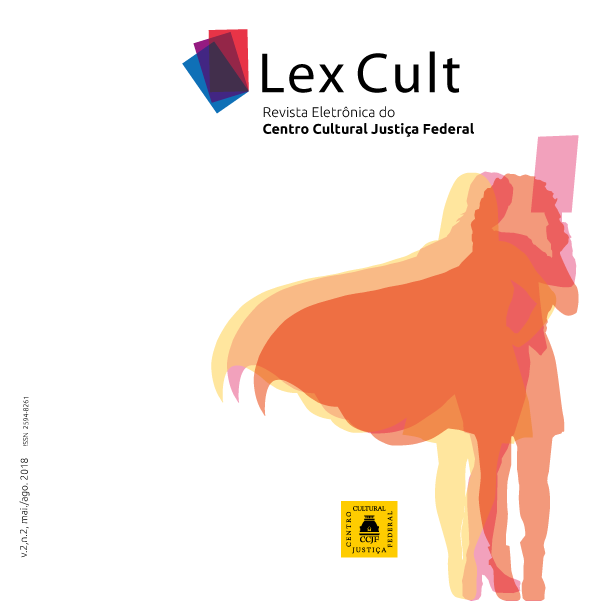FEMINIZAÇÃO DO PODER EM ESPAÇOS POPULARES: TRABALHO E RESISTÊNCIA SOCIAL
Resumo
O presente trabalho tem por objetivo dar visibilidade à atuação das mulheres que são (re) conhecidas como referência em suas comunidades e/ou também nomeadas lideranças comunitárias. Seu protagonismo se deu a partir dos anos de 1990 e geopoliticamente se localizam em territórios segregados sócio espacialmente denominadas favelas ou comunidades no Rio de Janeiro. Essas mulheres representam um fenômeno que vem crescendo notadamente e que podemos classificar como “feminização do poder”. Anunciando a construção cotidiana dessa mulher e seu lugar de destaque social e político, a agenda dessas personagens está comprometida com a transformação social e se conforma através de práticas e atitudes que preconizam o enfrentamento das múltiplas expressões de desigualdade e vulnerabilidade social que permeia os seus locais de moradia. Suas agendas transcendem o local acessando a cidade, o estado, o país, num movimento permanente em defesa da cidadania dos moradores de seus territórios e na afirmação de uma sociedade democrática e participativa. Por essas e outras razões é que podemos afirmar que a “feminização do poder” é, de fato, um movimento que emerge no cenário atual, compreendendo que há um protagonismo da mulher em condições de subalternidade.
##plugins.generic.usageStats.downloads##

This work is licensed under a Creative Commons Attribution-NonCommercial-NoDerivatives 4.0 International License.
Autores mantém os direitos autorais e concedem à revista o direito de primeira publicação, com o trabalho simultaneamente licenciado sob a Creative Commons Attribution-NonCommercial-NoDerivatives 4.0 International License, que permite o compartilhamento do trabalho com reconhecimento da autoria do trabalho e publicação inicial nesta revista.
Autores têm autorização para assumir contratos adicionais separadamente, para distribuição não-exclusiva da versão do trabalho publicada nesta revista (ex.: publicar em repositório institucional ou como capítulo de livro), com reconhecimento de autoria e publicação inicial nesta revista.
Os autores declaram serem responsáveis pela originalidade, pelo ineditismo e pela atualidade de todo o conteúdo do artigo, mediante a referência completa de todas as fontes consultadas.
Cada autor concede à Revista LexCult permissão para avaliar, normalizar, editar e publicar o artigo submetido, de modo inédito.
Casos de plágio e autoplágio não serão aceitos sob nenhuma hipótese. O autor plagiário será suspenso por 5 (cinco) anos sem publicação na Revista LexCult.
É permitida a cópia, total ou parcial, de artigo publicado na Revista LexCult, desde que informada a fonte (autor e revista), sendo vedado o uso comercial e a produção e distribuição de trabalhos derivados. Caso seja verificada a quebra de exclusividade, a submissão será arquivada e o autor estará suspenso de publicar por 5 (cinco) anos na Revista LexCult, sem prejuízo das ações cíveis/penais previstas em lei.
O autor tem ciência de que:
a) a submissão poderá ser recusada caso o Conselho Editorial da Revista LexCult, responsável pela avaliação e seleção dos artigos, não considere pertinente a publicação, por quaisquer motivos, devidamente fundamentados;
b) os editores reservam-se o direito de modificar o texto da submissão - sem alteração de conteúdo - para normalizá-lo e adaptá-lo às normas de publicação.



